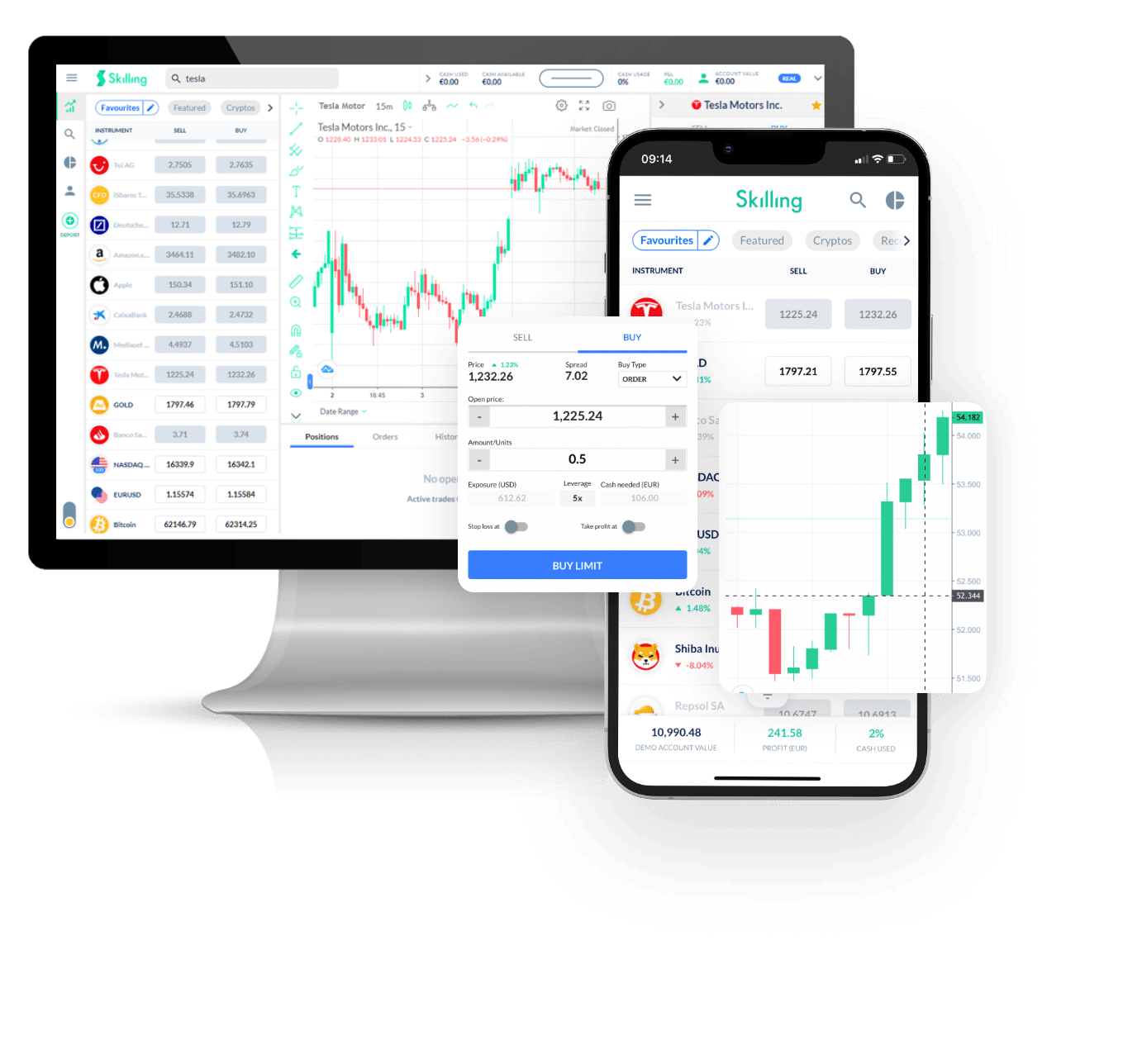Loading...
Trade [[data.name]]
[[ data.name ]]
[[ data.ticker ]]
[[ data.price ]] [[ data.change ]] ([[ data.changePercent ]]%)
Low: [[ data.low ]]
High: [[ data.high ]]
About
History
Competitors
About
History
Competitors
Deutsche Bank is one of the world's leading financial services companies. Founded in 1870, it has grown to become a major player in international finance, with over EUR 1.5 trillion in assets under management and operations in more than 70 countries.
Aside from traditional banking activities such as retail banking and corporate finance, Deutsche Bank also provides asset management services, investments banking, and private wealth management. With its global footprint, Deutsche Bank offers products and services tailored to the needs of businesses, governments, and individuals across the world. From its dedicated equities sales teams to its cutting-edge research capabilities, Deutsche Bank strives to deliver excellent customer service at every touchpoint.
Deutsche Bank is a public company whose shares have been traded on the Frankfurt Stock Exchange since its initial public offering in 1870. Since that time, the bank's share price has seen both highs and lows as it responded to changing economic and political conditions.
In the 1990s, Deutsche Bank enjoyed a period of sustained growth due to increased demand for financial services in Europe. Its share price rose steadily over this decade, peaking at over €125 in April 2000. However, this growth was short-lived and Deutsche’s shares began to decline sharply in the early 2000s. The global financial crisis hit Deutsche Bank particularly hard, and by 2009 the company’s share price had fallen below €20 per share.
The last few years have seen a significant recovery for Deutsche Bank’s shares. After bottoming out at around €11 per share in 2016, the company’s stock price has steadily climbed back towards previous highs. As of 2020, Deutsche Bank's shares are trading around €10 per share – more than double its 2016 lows.
In Europe, some of Deutsche Bank’s key competitors include UBS, Credit Suisse, BNP Paribas, and HSBC. These companies are all large international banks and offer comparable financial services to Deutsche Bank – including retail banking, corporate finance, asset management and private wealth management.
In addition to these European rivals, Deutsche Bank also competes with top U.S.-based banks such as JPMorgan Chase & Co., Citigroup Inc., Goldman Sachs Group Inc., and Bank of America Corp. On a global scale, it must also compete with emerging markets players such as ICBC (China) and HDFC (India).
| Swap long | [[ data.swapLong ]] points |
|---|---|
| Swap short | [[ data.swapShort ]] points |
| Spread min | [[ data.stats.minSpread ]] |
| Spread avg | [[ data.stats.avgSpread ]] |
| Min contract size | [[ data.minVolume ]] |
| Min step size | [[ data.stepVolume ]] |
| Commission and Swap | Commission and Swap |
| Leverage | Leverage |
| Trading Hours | Trading Hours |
* The spreads provided are a reflection of the time-weighted average. Though Skilling attempts to provide competitive spreads during all trading hours, clients should note that these may vary and are susceptible to underlying market conditions. The above is provided for indicative purposes only. Clients are advised to check important news announcements on our Economic Calendar, which may result in the widening of spreads, amongst other instances.
The above spreads are applicable under normal trading conditions. Skilling has the right to amend the above spreads according to market conditions as per the 'Terms and Conditions'.

Trade [[data.name]] with Skilling
All Hassle-free, with flexible trade sizes and with zero commissions!*
- Trade 24/5
- Minimum margin requirements
- No commission, only spread
- Fractional shares available
- Easy to use platform
*Other fees may apply.
Why Trade [[data.name]]
Make the most of price fluctuations - no matter what direction the price swings and without capital restrictions that come with buying the underlying asset.
CFDs
Equities
Capitalise on rising prices (go long)
Capitalise on falling prices (go short)
Trade with leverage
Hold larger positions than the cash you have at your disposal
Trade on volatility
No need to own the asset
No commissions
Just low spreads
Manage risk with in-platform tools
Ability to set take profit and stop loss levels

